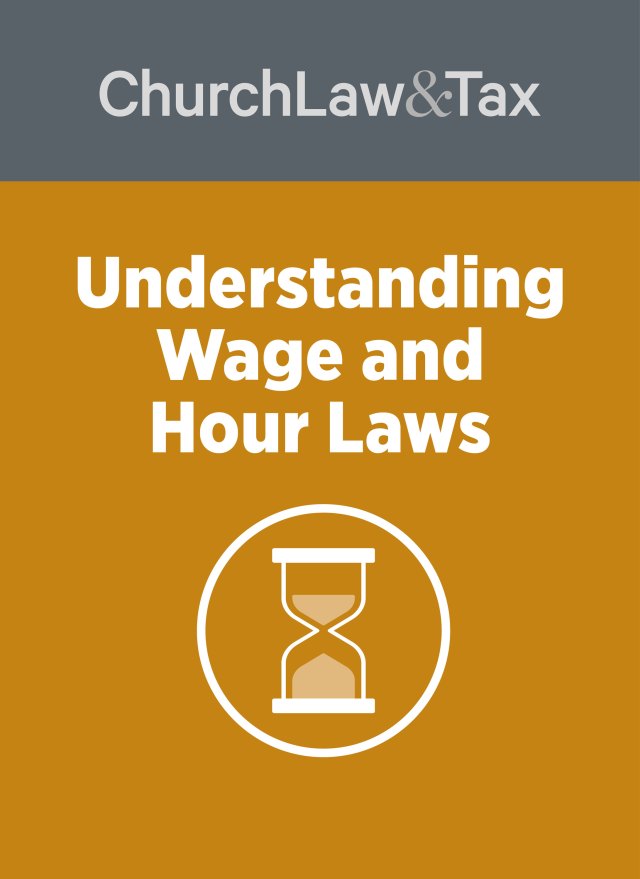• Key point. An employer that has decided to dismiss an employee does not violate the Family and Medical Leave Act by announcing its decision when the employee is away from work on medical leave.
A federal district court in New York ruled that a church agency did not violate the Family and Medical Leave Act by dismissing an employee whose investment decisions resulted in a loss of $8 million in church funds. The director of human resources of a church agency invested funds belonging to a health insurance program for retirees. When it was learned that the director’s investment decisions had resulted in a loss of $8 million, the church tried to negotiate an orderly resignation rather than terminate the director outright. In a memorandum to a church official, the director stated that “upon mutual agreement and execution of a negotiated resignation agreement, I will resign, at a time certain, for reasons of irreconcilable differences.” In the same memorandum, the director further agreed that a failure to negotiate such a termination agreement would “leave both parties with any other options or remedies they may have,” including, the church’s right to unilaterally terminate the director’s at—will employment. In the end no agreement was reached, and the director was dismissed. While efforts were underway to reach a resignation agreement, the director took medical leave. He therefore claims that his termination violated the Family and Medical Leave Act (FMLA), which makes it unlawful for covered employers to “discharge or in any other manner discriminate” against any individual for exercising rights provided by the Act. A federal district court dismissed the lawsuit. It noted that “the FMLA provides that an employee on protected leave is not entitled to any greater rights or benefits than he would be entitled to had he not taken the leave.” It further observed that it was undisputed that the church had announced its determination to terminate the director before he went on medical leave, but deferred doing so only to provide an opportunity for the parties to try to negotiate a resignation agreement. Further, the church reserved the right to terminate the director if no such agreement were negotiated. As a result, the director “was not denied any right, for none was preserved.” The FMLA “does not require employers to give returning employees any assurances of job security to which they would not have been entitled, prior to taking sick leave.” The court also observed that “FMLA is not a shield to protect employees from legitimate disciplinary action by their employers if their performance is lacking in some manner unrelated to their FMLA leave.” Carrillo v. The National Council of the Churches of Christ in the U.S.A., ___ F. Supp. ___ (S.D.N.Y. 1997). [The Civil Rights Act of 1964]
© Copyright 1998 by Church Law & Tax Report. All rights reserved. This publication is designed to provide accurate and authoritative information in regard to the subject matter covered. It is provided with the understanding that the publisher is not engaged in rendering legal, accounting, or other professional service. If legal advice or other expert assistance is required, the services of a competent professional person should be sought. Church Law & Tax Report, PO Box 1098, Matthews, NC 28106. Reference Code: m43 c0198




